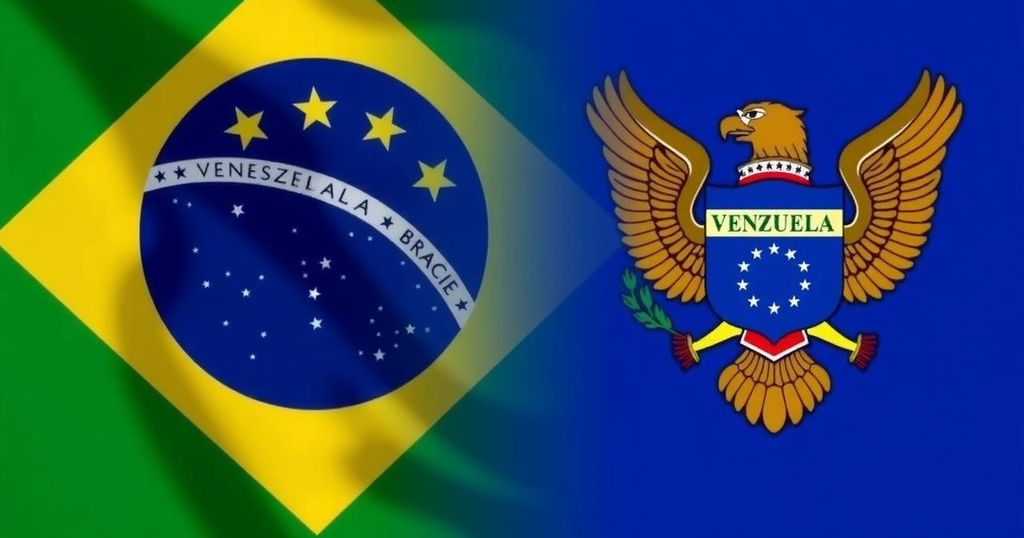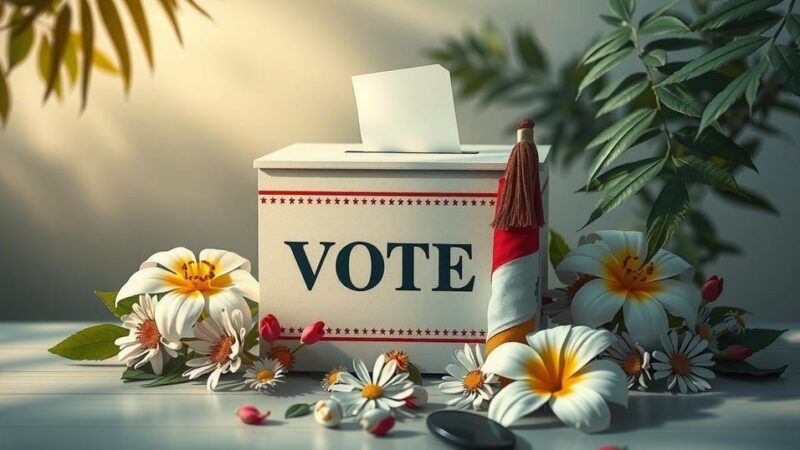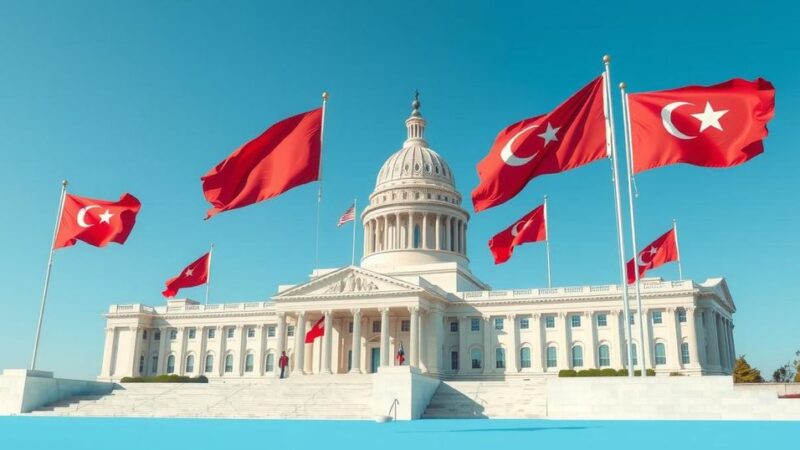Venezuela recalled its ambassador to Brazil after Brazil vetoed its application to join BRICS, provoking anger from President Nicolás Maduro. The Venezuelan foreign ministry condemned Brazilian diplomats, amid rising tensions following disputed elections in Venezuela. Lula, historically an ally, has criticized Maduro’s regime, deepening the diplomatic divide over electoral legitimacy and international relations.
On October 30, 2024, Venezuela’s foreign ministry announced the recall of its ambassador to Brazil for consultations following Brazil’s recent veto of Venezuela’s application to join the BRICS coalition of emerging economies. This decision, which infuriated Nicolás Maduro, Venezuela’s socialist leader, was influenced by the government of Brazilian President Luiz Inacio Lula da Silva. The Venezuelan foreign ministry stated that Ambassador Manuel Vadell was ordered to return immediately to Caracas. Additionally, the ministry summoned Brazil’s charge d’affaires in Venezuela to express their discontent regarding the veto. Although the statement refrained from directly criticizing President Lula, who was absent from the BRICS summit in Russia due to a head injury, it did condemn the actions of Brazilian diplomats for their perceived irrational behavior that contradicted the support of other BRICS nations for Venezuela’s membership. Tensions between Venezuela and several Latin American countries have escalated since the disputed elections of July 18, 2024, wherein electoral officials affiliated with Mr. Maduro declared him the victor without releasing detailed results. The opposition claims, led by candidate Edmundo Gonzalez Urrutia, assert a significant victory, supported by polling station data, which the Brazilian government has yet to officially recognize pending a breakdown of results. In the wake of this political dispute, Lula, an erstwhile ally of Maduro’s predecessor Hugo Chavez, has positioned himself critically against Maduro’s regime, deeming it an unpleasant and authoritarian government. The Venezuelan foreign ministry specifically denounced the remarks of Celso Amorim, a former foreign minister and Lula’s advisor, labeling him as a mouthpiece for imperialist sentiments due to his assertion that Venezuela did not uphold standards of transparency in its elections. Consequently, Venezuelan parliamentary leader Jorge Rodriguez has called for a declaration of Amorim as persona non grata in response to his statements.
Venezuela’s diplomatic relations with Brazil experienced a significant shift following a veto against its BRICS application, a critical point for a nation seeking support from emerging economies. The strained ties are intertwined with the broader context of Venezuela’s contentious domestic politics, marked by allegations of electoral fraud and international scrutiny surrounding President Maduro’s regime. Historically, Brazil has had a complex relationship with Venezuela, oscillating from support under Chavez to criticism under Maduro’s leadership. This backdrop of electoral disputes and the critique of democratic legitimacy has generated friction, drawing a line of division among Latin American nations, and increasingly polarizing political alliances in the region.
In conclusion, Venezuela’s recall of its ambassador to Brazil marks a significant diplomatic rift following Brazil’s veto of its BRICS membership application. The underlying tensions are reflective of not only personal and diplomatic relationships but also broader political narratives concerning transparency in governance and mutual acceptance among nations in Latin America. As Venezuela continues to face scrutiny over its electoral processes, the potential for further diplomatic fallout remains plausible, particularly as regional relations evolve amidst these ongoing challenges.
Original Source: www.thehindu.com






